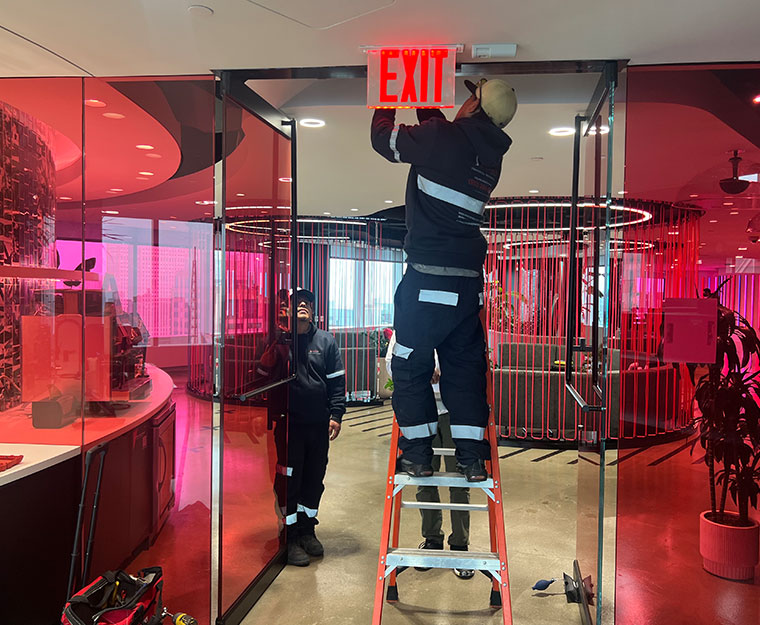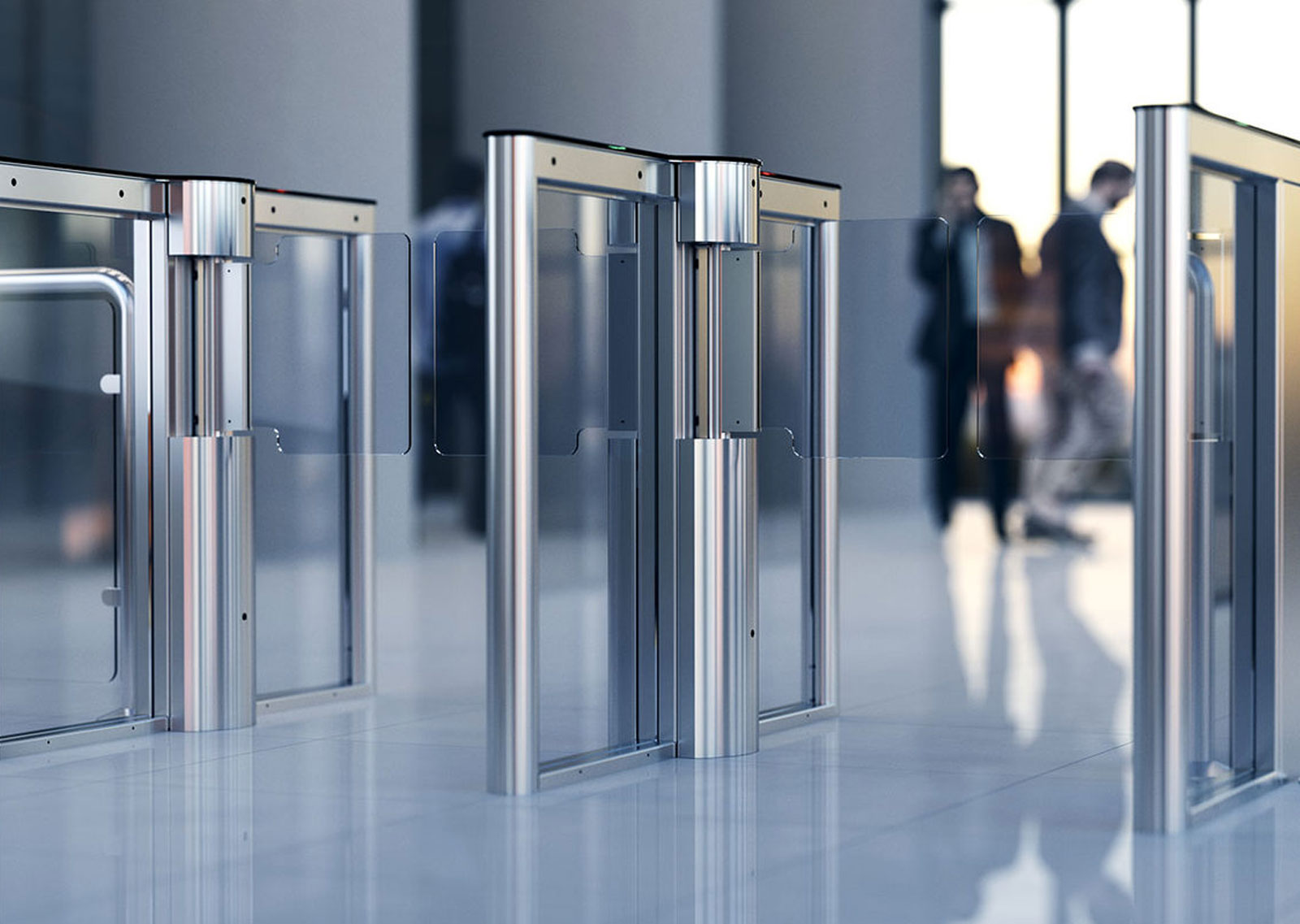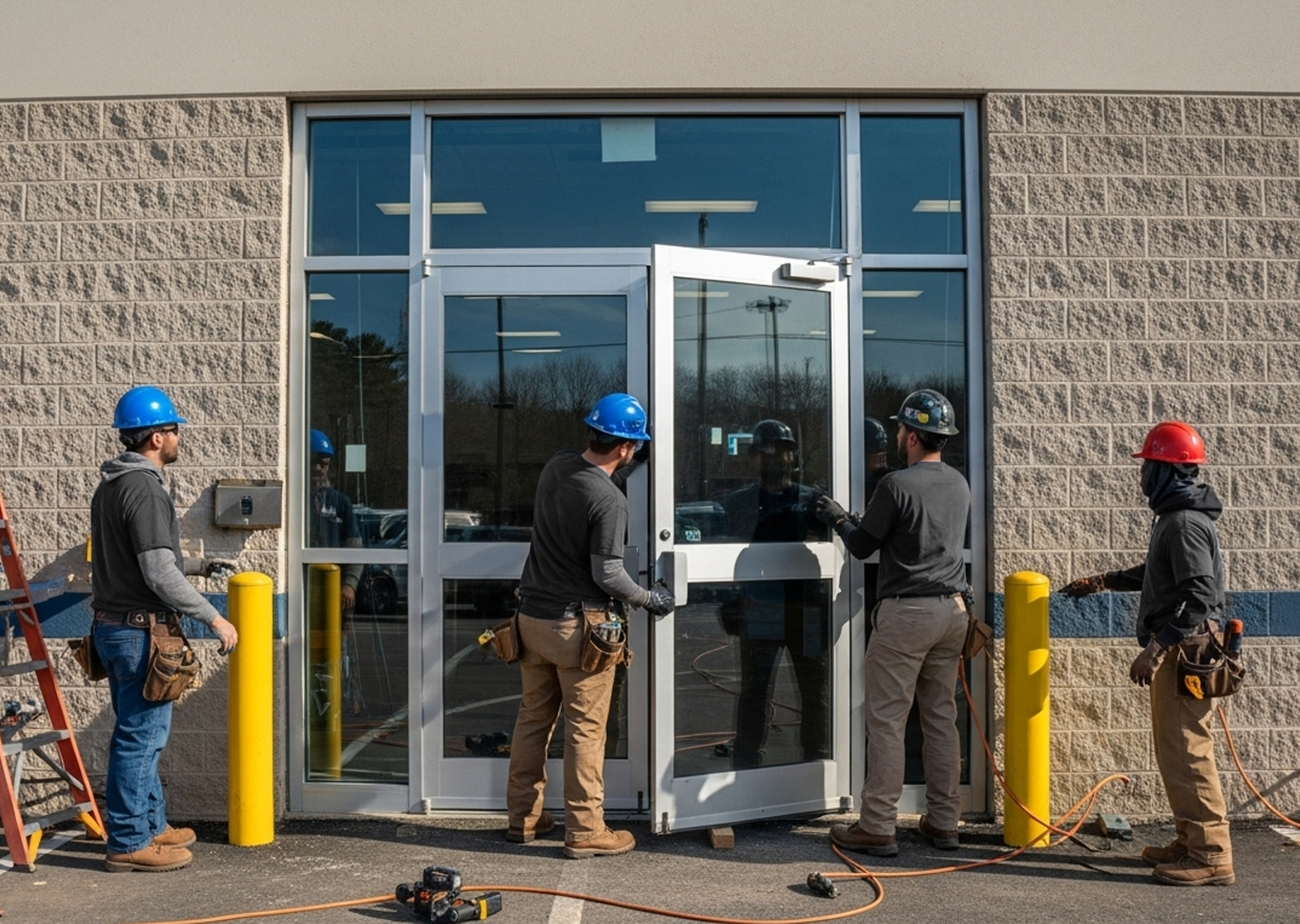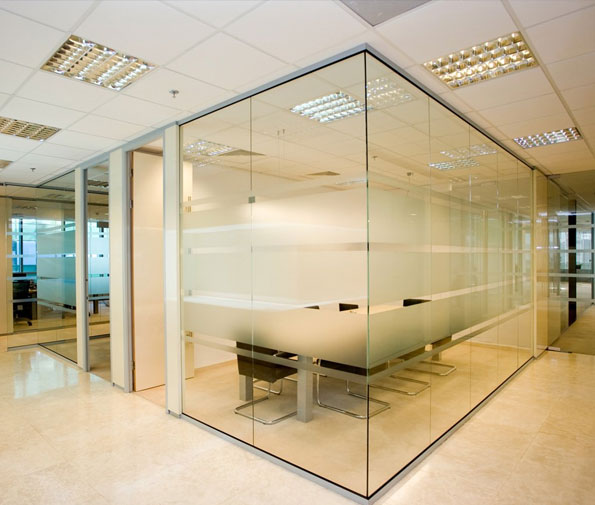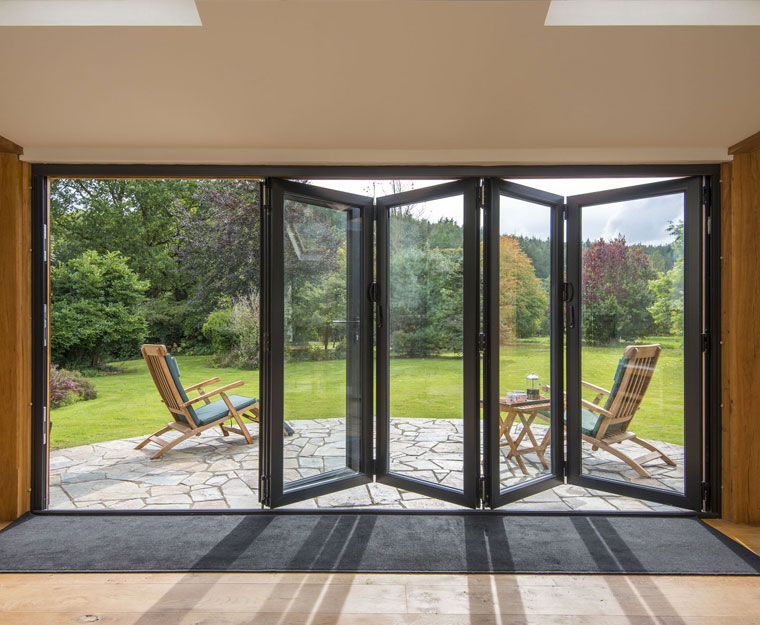If you’ve ever gone out to buy a commercial door, you’ll notice everyone pushing their own narrative and preference on you. The frustrating part, however, about all this is that they’re all right in their own way.
Getting commercial doors wrong costs real money. Not just installation costs, we’re talking operational inefficiency, energy waste, security vulnerabilities, and sometimes code violations that force expensive do-overs.
The right door in the wrong location is still the wrong door. Unfortunately. Before you head out for commercial door installation in NJ, we’ll equip you with some very necessary knowledge about which door to choose for your business.
1. Rolling Doors
These are those metal slatted shutters that come down over storefronts at night. They roll up into a compact drum above the opening, completely vanishing when you don’t need them. When they’re down, they create a security barrier that takes serious effort to breach.
How they work is pretty simple: interlocking steel or aluminum slats connect to form a solid curtain. That curtain wraps around a drum mounted above your doorway. Tracks on both sides guide it up and down.
For bigger openings, you’ll want a motor, especially since manually cranking a large rolling door up and down multiple times a day gets old really fast.
Where rolling doors work great:
- Loading docks and shipping areas
- Retail storefronts
- Warehouses, parking garages and storage facilities
Where rolling doors don’t work great:
- Places where you need temperature control
- Places where you need sound blocking
2. Sliding Doors
Sliding doors move horizontally along tracks instead of swinging or rolling. They’re what you see at grocery stores, hospitals, malls, and anywhere that needs to move high volumes of people efficiently without doors swinging into the traffic flow.
The mechanism runs on tracks top and bottom, with panels that slide sideways. Automatic versions use sensors to detect approaching people and open before they even reach the door. Manual versions work fine for lower-traffic applications where automation isn’t worth the cost.
Why do businesses choose sliding doors?
- Great space efficiency
- Allows for smooth high-traffic flow
- Offers a modern, clean look
Potential downsides of sliding doors you need to be aware of:
- Poor weather sealing
- Not great for places that need acoustic separation
- Requires ongoing track maintenance
Also Read: How to Repair a Sliding Door That Won’t Open
3. Swing Doors
Swing doors are what most people picture when they think of a door. You know, the basic hinges on one side and swings open on an arc. They’ve been around forever because they’re simple, reliable, and versatile.
They operate on hinges, which is about as basic as door hardware gets. Push or pull, the door swings on its hinges, then stays wherever you leave it (or closes automatically if you’ve installed closing mechanisms). Single doors use one panel. Double doors use two panels meeting in the middle.
When do swing doors work best?
- Interior offices and standard rooms
- Excellent sealing performance
- Fire-rated applications
- Strong security
Where would swing doors cause problems?
- Space consumption
- High-traffic flow disruptions
- Accessibility challenges
4. Overhead Doors
Overhead doors lift up and back, traveling on tracks into the space above the opening. They’re what you see in loading docks, warehouses, vehicle bays, and anywhere you need a large opening that clears completely when the door is up.
Two main types exist: sectional doors made of horizontal panels that bend along tracks, and single-panel doors that tilt up as one piece. Sectional doors need ceiling clearance behind the door, but minimal clearance in front. Single-panel doors need clearance in front equal to their height, but less ceiling depth.
Plus points of overhead doors include:
- Large opening specialists
- Excellent insulation options
- Extensive customization
- Superior weather protection
Limitations of overhead doors
- Higher cost
- Real maintenance demands
- Ceiling clearance requirements
Making the Right Choice for Your Situation
Forget what looks cool or what your neighbor installed. The right commercial door for your facility depends on specific factors that matter to your operation.
Commercial door installation in NJ requires navigating state-specific codes and local requirements that vary by municipality. At Alpha Doors New Jersey, we’ve installed every commercial door type across countless Jersey facilities.
We’ve seen what works in practice versus what looks good on paper. We know which door types hold up, which manufacturers honor warranties, and which installations create problems two years down the line.
Call us when you’re ready to make commercial door decisions based on operational reality instead of guesswork. We’ll help you get the right doors in the right places for the right reasons.








